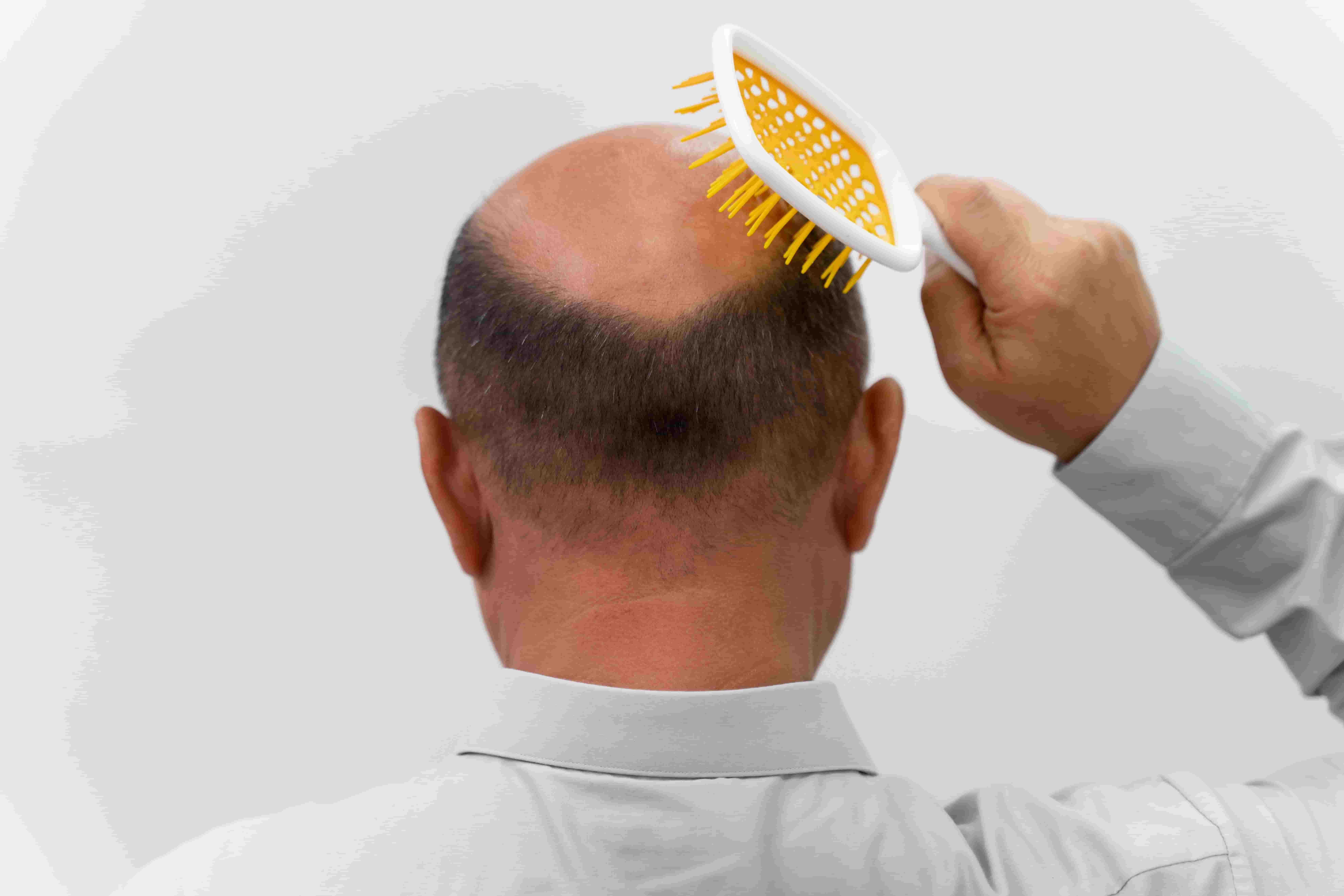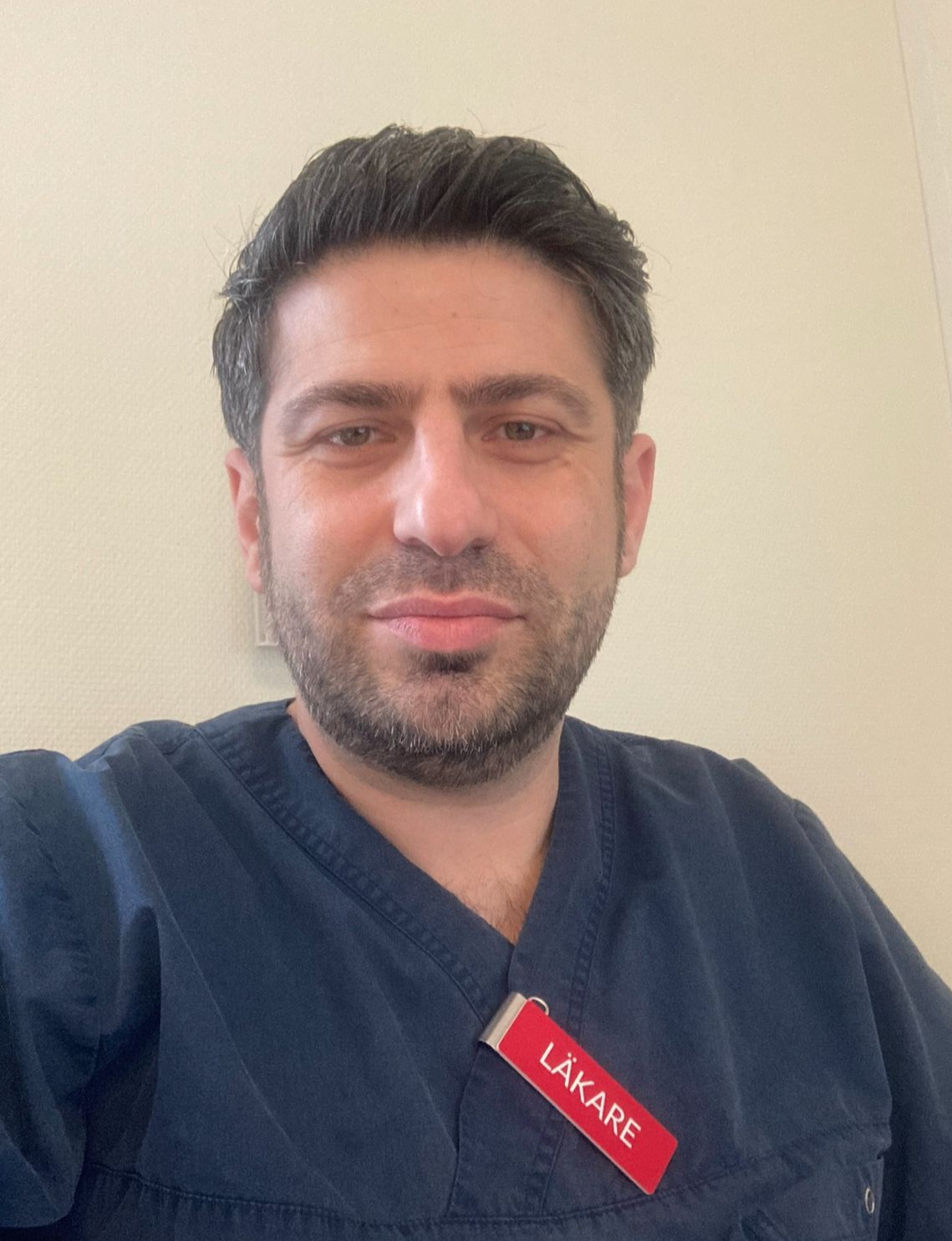Acne is a common skin condition that affects people of all ages, though it’s most prevalent during adolescence. It occurs when hair follicles become clogged with oil (sebum) and dead skin cells, creating an environment conducive to bacterial growth and inflammation. This can lead to various types of blemishes, including pimples, blackheads, and even painful cysts. Here’s a comprehensive look at what acne is, its symptoms, and how it can be treated.
What is Acne?
Acne develops when hair follicles, which are small openings in the skin through which hair grows, become blocked by excess oil and dead skin cells. When these clogged follicles trap bacteria, it leads to inflammation, resulting in different types of skin lesions. Acne can appear on the face, chest, back, and shoulders—areas of the skin that have the most oil glands.
Common Symptoms of Acne
Acne can manifest in several ways, with symptoms varying in severity. The most common symptoms include: • Pimples: These are small, red or whitish bumps on the skin that can be painful or tender. They often contain pus and may appear swollen. • Blackheads: Small, dark spots that appear when a clogged pore remains open. The black color isn’t due to dirt but rather the oxidation of the oil and dead skin cells within the pore. • Redness and Inflamed Rashes: These occur when bacteria thrive in clogged hair follicles, leading to red, swollen, and tender areas on the skin. • Scarring: In some cases, acne can leave behind scars or marks after the lesions have healed. These scars may be either pitted or raised. • Increased Oiliness: Excess production of sebum can leave the skin feeling oily or shiny, which is another common symptom of acne. • Decreased Self-Confidence: Beyond physical symptoms, acne can significantly impact mental well-being, leading to reduced self-esteem and increased self-consciousness about one’s appearance.
How is Acne Treated?
The treatment of acne depends on the type and severity of the condition, as well as individual factors such as skin type and underlying health issues. Here are some common treatment options: • Topical Treatments: These include prescription creams, gels, and lotions like Basiron, Differin, Finacea, Skinoren, Epiduo, and Duac/Acnatac. These products often contain active ingredients such as benzoyl peroxide, salicylic acid, or retinoids, which help to reduce inflammation, kill bacteria, and unclog pores. • Oral Medications: For more severe cases of acne, oral antibiotics or retinoids may be prescribed. These treatments work by targeting bacteria and reducing inflammation from within the body. • Over-the-Counter Products: Mild acne can sometimes be managed with over-the-counter cleansers and topical treatments that contain ingredients like benzoyl peroxide or salicylic acid.
How Do I Know if I Have Acne?
If you notice blackheads, pimples, or cysts appearing on your face, chest, or back, you may be dealing with acne. It’s a good idea to consult a healthcare provider for an accurate diagnosis and appropriate treatment plan.
Can Acne Leave Scars?
Yes, severe acne can sometimes lead to scarring, especially if left untreated or if the pimples are picked or squeezed. Treating acne effectively is crucial to reducing the risk of permanent scars.
How Can I Prevent Acne?
While it may not always be possible to prevent acne entirely, there are several steps you can take to reduce your risk: • Keep Your Skin Clean: Wash your face twice daily with a gentle cleanser to remove excess oil, dirt, and dead skin cells. • Avoid Picking at Pimples: Squeezing or picking at acne can worsen the condition and increase the risk of scarring. • Use Non-Comedogenic Products: These skincare products are designed not to clog pores, helping to prevent acne. • Limit Sun Exposure: Excessive sun exposure can worsen acne and lead to skin damage. Use sunscreen that is labeled non-comedogenic.
How Long Can Acne Last?
The duration of acne varies from person to person. For some, it may be a temporary issue during puberty, while others may experience chronic acne that requires long-term management. Early and consistent treatment can help reduce the severity and duration of acne.
Final Thoughts
Acne is a manageable condition, but it’s essential to address it with the right treatments and preventative measures. Whether you’re dealing with mild breakouts or more severe acne, there are options available to help you achieve clearer skin. Consult with a healthcare provider to determine the best treatment plan for your needs and to prevent potential scarring.





















